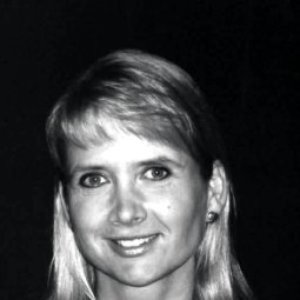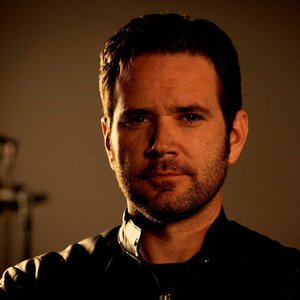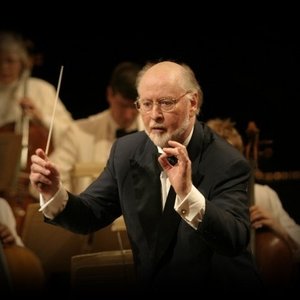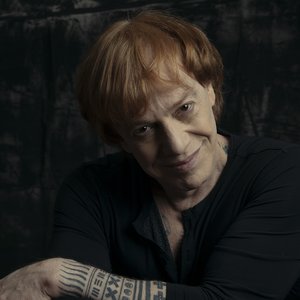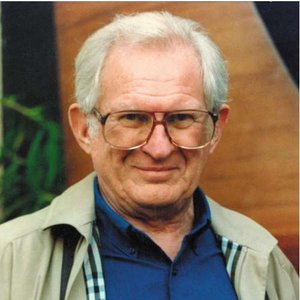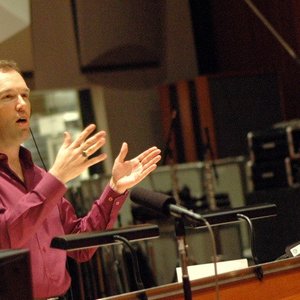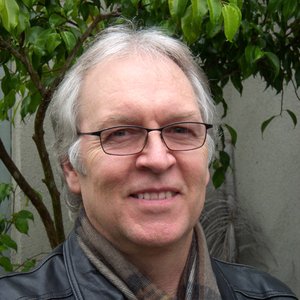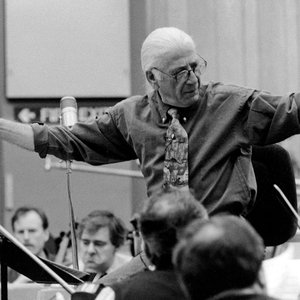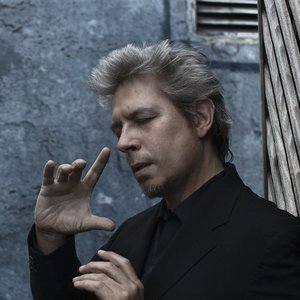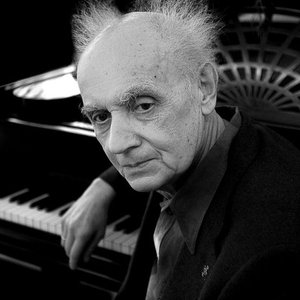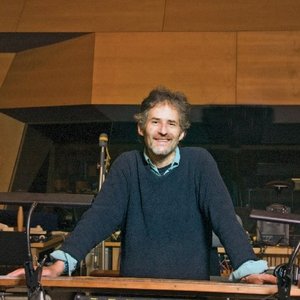Biography
-
Born
10 April 1945
-
Born In
Napa, Napa County, California, United States
-
Died
30 November 2006 (aged 61)
Shirley Walker (April 10, 1945 - November 30, 2006) was an American film and television composer and conductor. She was one of the few female film score composers working in Hollywood. Walker was the first female composer to earn a solo score credit on a major Hollywood motion picture and according to the Los Angeles Times, will be remembered as a pioneer for women in the film industry.
Walker (née Rogers) was born in Napa, California on April 10, 1945. Walker was a piano soloist with the San Francisco Symphony during high school, and later attended San Francisco State University on a piano scholarship. She studied music composition under Roger Nixon and piano studies with Harald Logan of Berkeley, California. For several years, she wrote jingles and composed for industrial films.
Walker's career in film began in 1979, when she was hired to play the synthesizers on Carmine Coppola's score for Apocalypse Now. In 1992, Walker became the first female composer to earn a solo score credit on a major Hollywood motion picture - for John Carpenter's Memoirs of an Invisible Man (one of Carpenter's few movies he did not score himself - Walker later collaborated with Carpenter on Escape From L.A.). Shirley Walker served as composer for numerous productions, including films such as Willard, the Final Destination trilogy of movies, and television series such as Falcon Crest, Space: Above and Beyond, China Beach, and The Flash. The Flash was one of many collaborations Walker did with composer Danny Elfman. She was his conductor on projects such as Scrooged and Batman.
She served as a Board Member (1986–1994) and Vice President (1988–1992) for The Society of Composers & Lyricists (SCL), often speaking out on behalf of composers and their working conditions. Articles and interviews are written by and about Shirley Walker in the SCL's publication, THE SCORE, a publication in print since 1986 by and about professional film/television/video game composers, songwriters and lyricists—and where Shirley spoke her mind.
Her association with DC Comics extended to television where she served as composer for Batman: The Animated Series (1992–1995), Superman: The Animated Series (1996–2000), The New Batman Adventures (1997–1999), and Batman Beyond (1999–2000); setting a standard for the musical tone of the DC Animated Universe. Series fans and film score enthusiasts alike praised her animation work for its classical reliance on theme. Despite the fact that very few female composers had worked in Hollywood at the time of her death, Shirley Walker was not recognized during the "In Memoriam" segment of the 79th Academy Awards.
Walker worked with Danny Elfman on many DC Comics works. She served as conductor for the film Batman, wrote most of the scores for Batman: The Animated Series using a theme inspired by Elfman's, scored the pilot and all the episodes of The Flash (the main theme was written by Elfman) and scored episodes of Batman Beyond with Michael McCuistion, Lolita Ritmanis and Kristopher Carter.
Shirley Walker died on November 30, 2006 at Washoe Medical Center in Reno, Nevada, due to complications from a stroke that she had experienced two weeks before. She died only eight months after the death of her husband Don. At the time of her death, Walker had scored more major-studio motion pictures than any other American woman. A memorial service was held at the Warner Bros. Eastwood Scoring Stage, and a plaque was placed in her honor. She is survived by her two sons, Colin Walker and Ian Walker.
In 1996, Shirley Walker won her first Daytime Emmy Award as music director for Batman: The Animated Series. She won another Daytime Emmy in music-composition for Batman Beyond in 2001.
She wrote her film scores entirely by hand. She always orchestrated and conducted her own scores by herself.
Artist descriptions on Last.fm are editable by everyone. Feel free to contribute!
All user-contributed text on this page is available under the Creative Commons Attribution-ShareAlike License; additional terms may apply.

